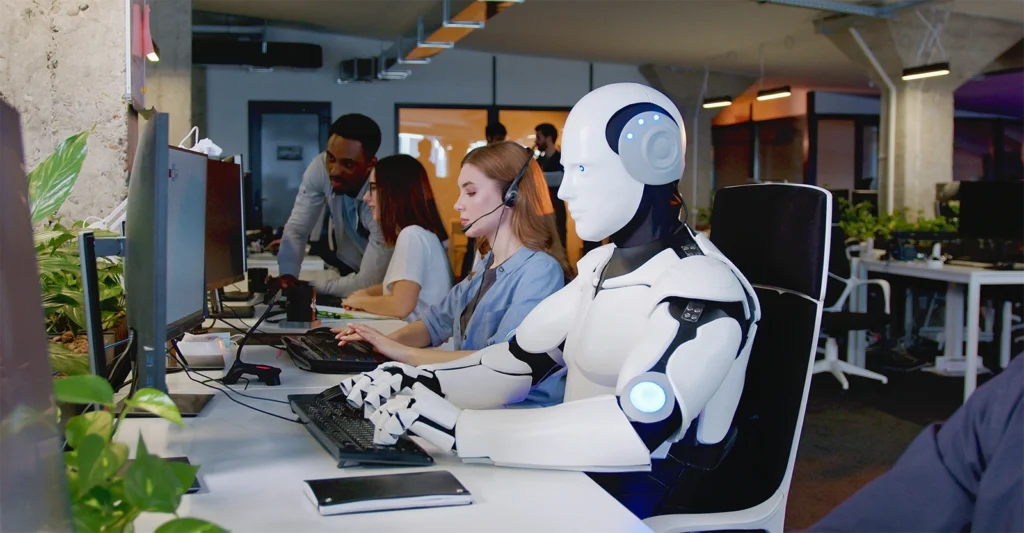Artificial Intelligence (AI) is no longer science fiction—it’s today’s reality, and it’s changing the job market faster than ever before. From automating tasks to creating brand-new career paths, AI is reshaping how we work, the skills we need, and the jobs that will thrive in the future.
If you’re wondering how AI might affect your career or the workforce at large, let’s break it down.
The Rise of AI in the Workplace
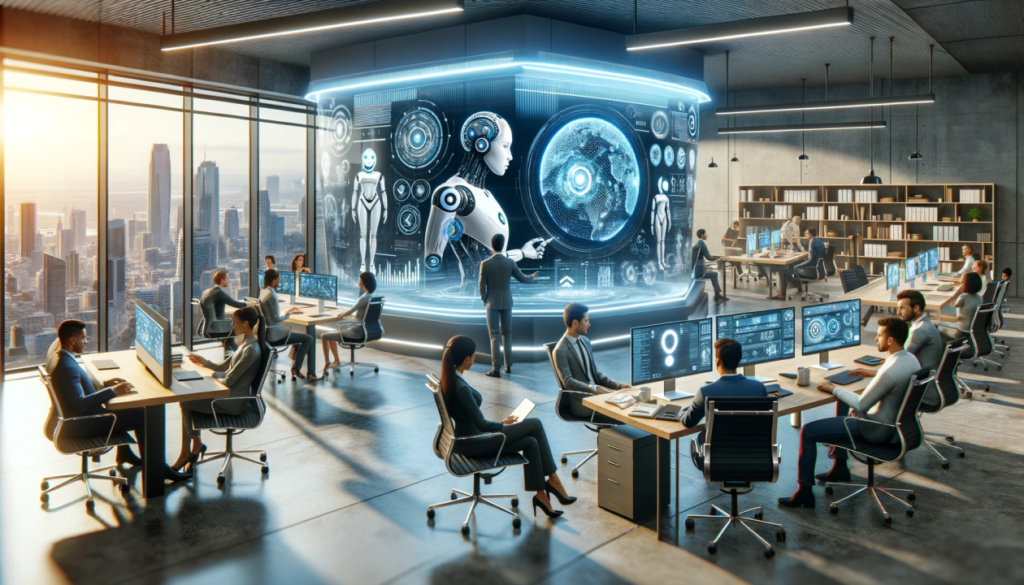
AI is now being used in nearly every industry—healthcare, finance, retail, logistics, marketing, education, and more. It helps businesses make smarter decisions, save time, and cut costs by automating repetitive or data-heavy tasks.
Examples of AI in action:
- Customer support: Chatbots handle FAQs and live chat.
- Healthcare: AI analyzes medical scans and predicts health risks.
- Finance: Algorithms detect fraud or suggest investments.
- Retail: AI powers product recommendations and inventory management.
But while automation increases efficiency, it also brings a major shift in job roles and skills demand.
Jobs at Risk (and Why)
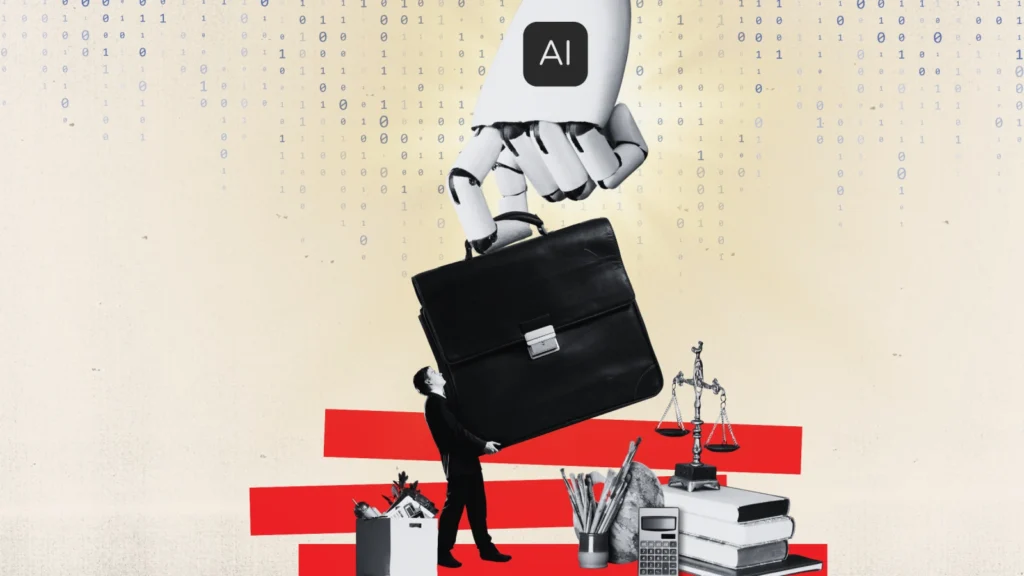
AI is great at handling predictable, repetitive tasks. That means some jobs are more vulnerable to automation than others.
At-risk jobs include:
- Data entry clerks
- Telemarketers
- Routine manufacturing roles
- Basic bookkeeping and payroll positions
- Fast food and retail cashiers (due to self-checkout tech)
These aren’t disappearing overnight, but they are evolving or shrinking in number—making reskilling more important than ever.
New Opportunities AI Is Creating
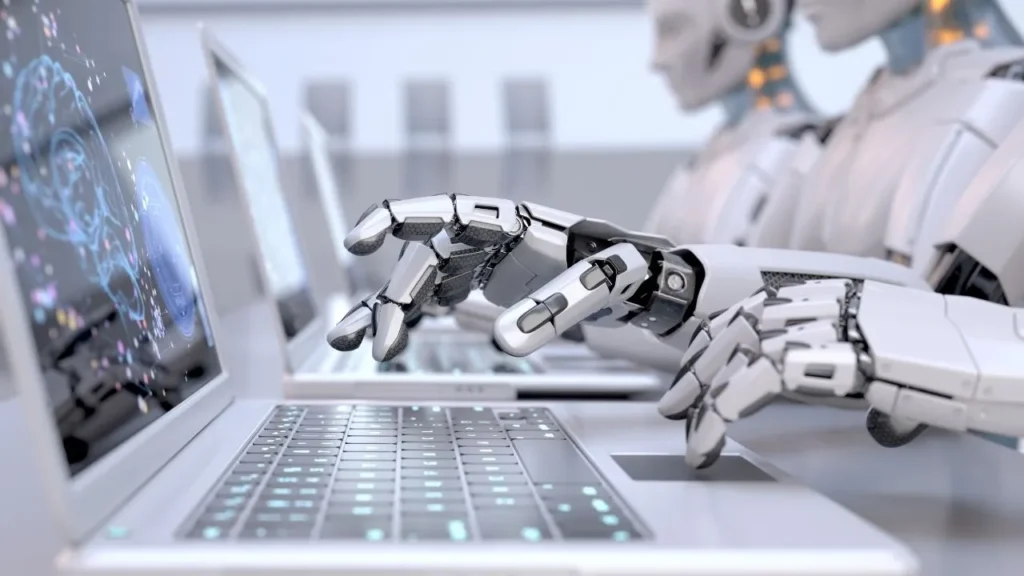
While AI may replace some roles, it’s also creating new ones—especially in tech, analytics, creative industries, and problem-solving roles.
Emerging jobs include:
- AI/ML engineers and data scientists
- Prompt engineers (yes, even ChatGPT needs prompts!)
- Cybersecurity experts
- AI ethics specialists
- Automation consultants
- Digital content creators
- UX/UI designers for intelligent systems
As machines take over routine work, human roles are shifting toward creativity, empathy, and strategy.
The Most In-Demand Skills in the Age of AI
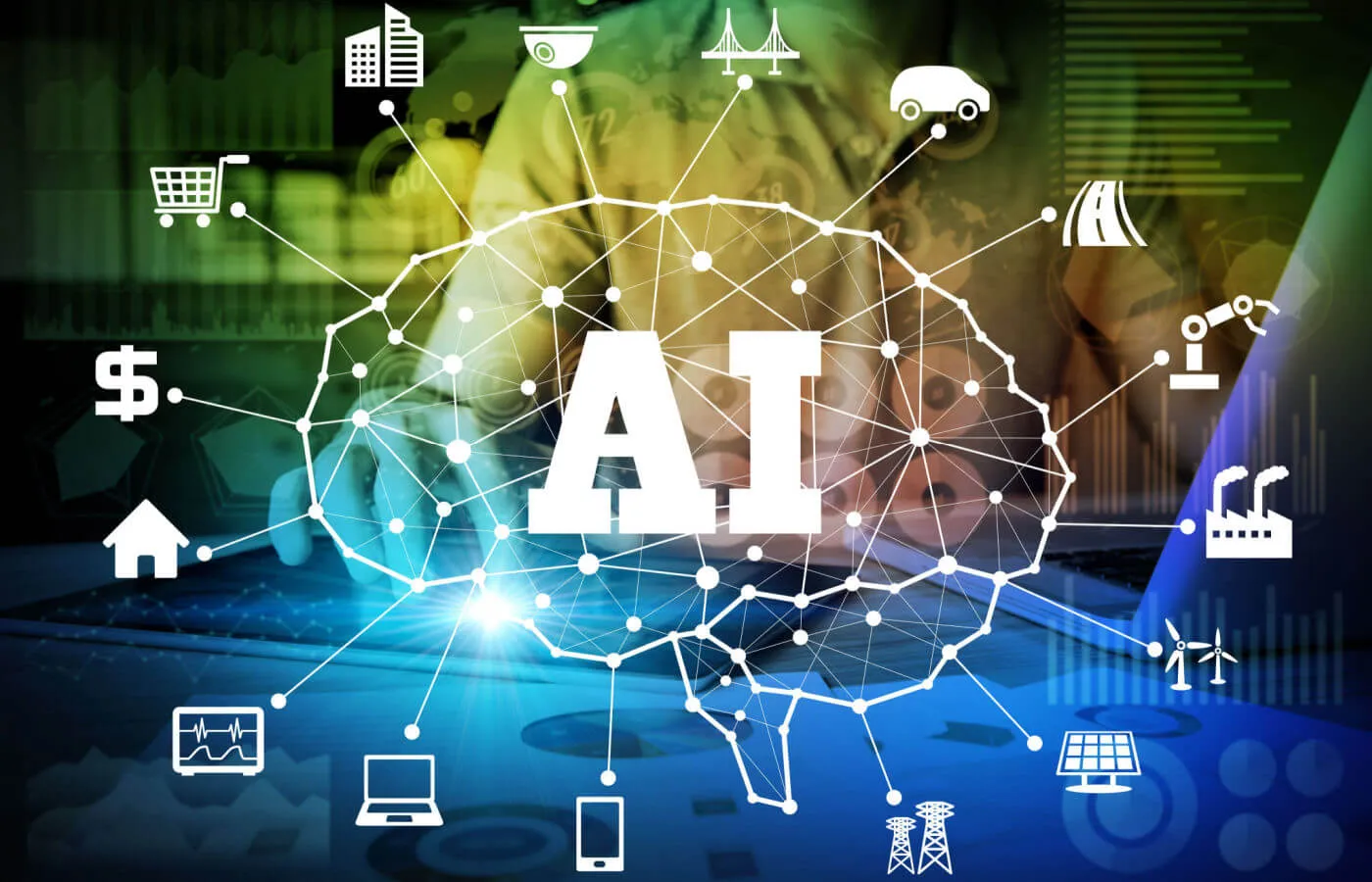
If you want to future-proof your career, start sharpening skills that are AI-resistant and human-centered.
✅ Top hard skills:
- Data literacy and analytics
- Machine learning and AI basics
- Cloud computing
- Programming (Python, JavaScript, etc.)
- Cybersecurity
- Digital marketing and SEO
✅ Top soft skills:
- Critical thinking and problem-solving
- Creativity and innovation
- Adaptability and lifelong learning
- Emotional intelligence
- Communication and collaboration
- Ethical reasoning and tech awareness
In 2025 and beyond, successful professionals won’t just be tech-savvy—they’ll be agile, curious, and open to change.
How Businesses Are Adapting
Smart companies are already investing in:
- AI-powered tools to boost productivity
- Upskilling programs to prepare teams for the future
- Human-AI collaboration models that combine machine efficiency with human creativity
The businesses that thrive in the AI era will be the ones that embrace innovation without forgetting the human touch.
What You Can Do Today
No matter your current role or background, you can take steps to stay relevant:
- Learn continuously – online courses, YouTube tutorials, certifications.
- Explore AI tools in your field – get hands-on experience.
- Follow industry trends – read blogs, join LinkedIn groups, attend webinars.
- Adapt your mindset – treat change as an opportunity, not a threat.
Final Thoughts
AI is transforming the job market—but it’s not about humans vs. machines. It’s about humans working with machines in smarter, more impactful ways.
The future belongs to those who can blend tech skills with human insight, and who are ready to grow, adapt, and lead in a new era of work.

